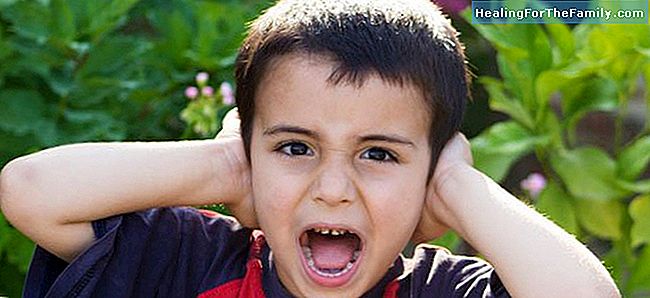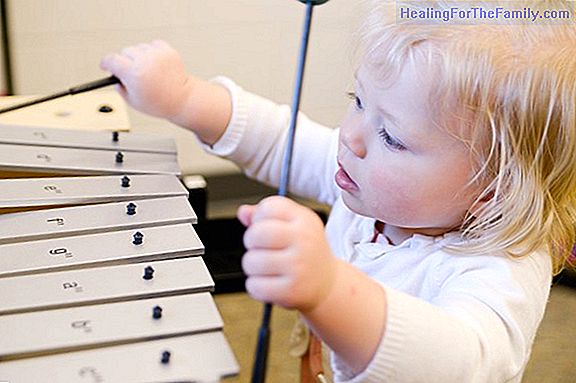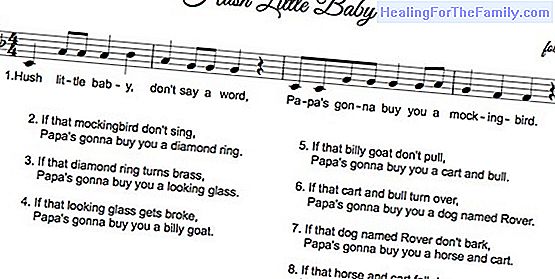Games to help children overcome the fear of noise
Children usually pass a stage in which fears can be the protagonists, this happens during the years that imagination begins to be very involved in the child's life It is especially after 5 years and during early childhood when fears can make children fear darkness, noise or other circumstances. We s
Children usually pass a stage in which fears can be the protagonists, this happens during the years that imagination begins to be very involved in the child's life
It is especially after 5 years and during early childhood when fears can make children fear darkness, noise or other circumstances.
We show you some games to help children overcome their fear of noise.
Why children are afraid of noise

Fear serves as an internal alarm to warn and protect us from potential dangers, but when we are adults, we have already learned to handle them and as parents it is necessary to teach children to learn how to cope with this intense emotion with enough tools to face them without stress or anxiety. For the little ones to stop being afraid there is no better way to get it than by playing.
Normally this fear, the fear of noise, may be related to the lack of knowledge about the sounds of the environment and an inability to identify the source of the strange noise. Fear disappears when the child is able to understand the origin and reason of the noise. Although in other cases the fear of loud noise may be associated with something that scared him on another occasion, in this sense it is necessary to know what happened to him in order to search for the right strategies.
Games to help children overcome the fear of noise
1. The game of questions. This game has the purpose that children express their emotions about the fear they feel with noises, usually children have a hard time putting words to their emotions. Write the emotions on a piece of paper and draw what that feeling is like (fear, anguish, anger, anger, happiness, happiness, etc.) and talk about them with your child. When you get to the emotion of fear help your child to put words to their fears.
2. The surrounding noises. Incorporate the noise that scares your child in a game context so you can identify it and play with it in a leisure time, so you can find the solution to the noise by not being emotionally involved.
Remember that it is very important that your child feels that you respect their rhythm, so you should not force them to overcome fear if they are not prepared to do so. Do not make fun of their fears and try to always understand how they feel. It teaches relaxation techniques and seeks in the game, to face the sound in a fun context.












